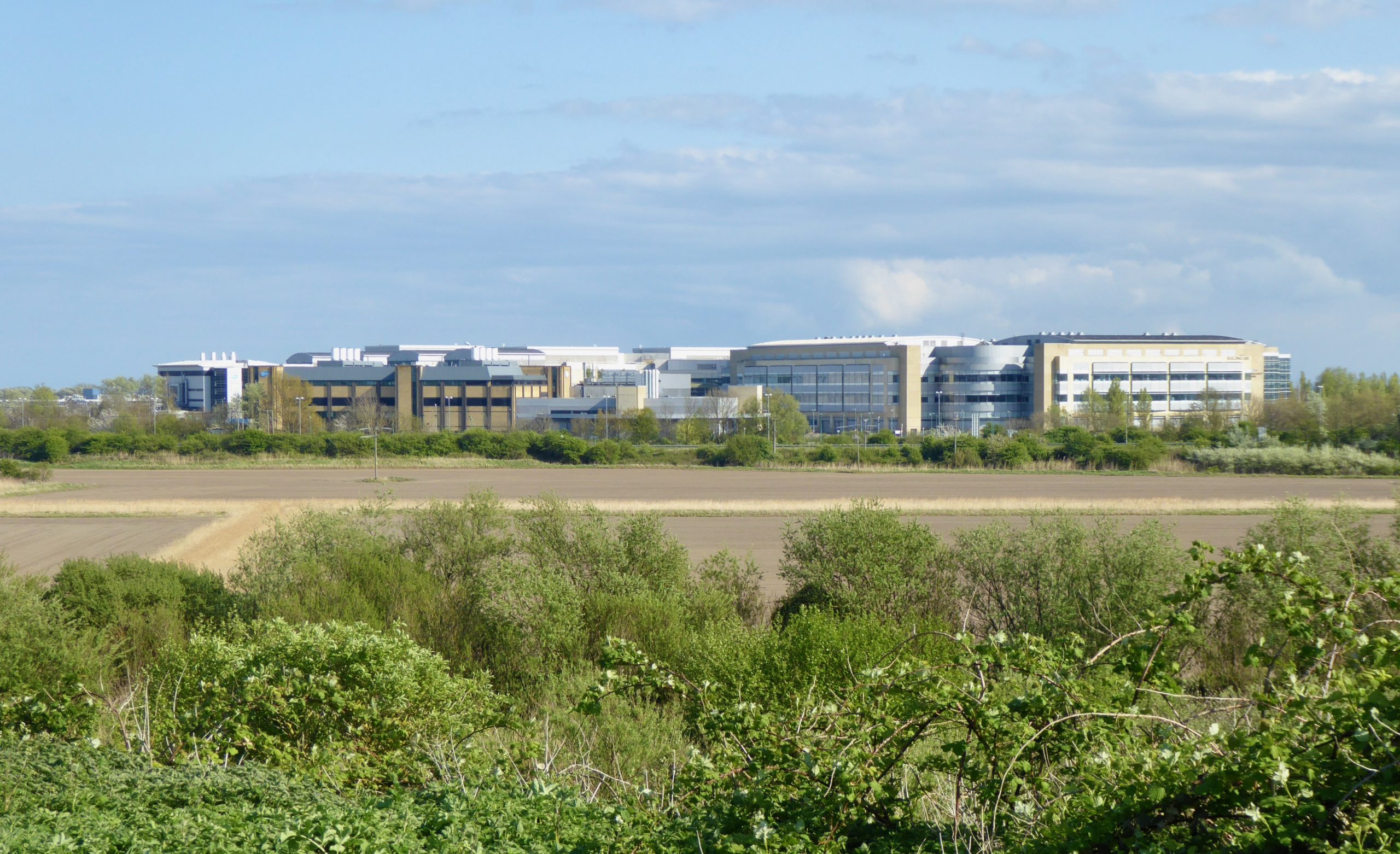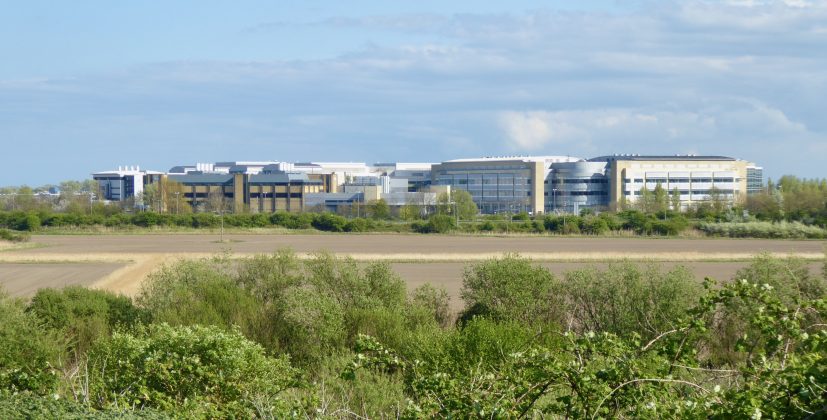FOIMan tells the story of how a major world event fundamentally changed a company – eventually making it a world leader.
Since most of us are stuck at home, it’s a good time for stories. A news item today prompted me to think about a company that I used to work for and how a major event changed fundamentally what it did and ultimately led to it becoming a global industry leader – in an area that it hadn’t previously been involved in.
BBC News reports that Dyson – best known for its vacuum cleaners – has taken an order for 10,000 ventilators from the government. The NHS, like other healthcare systems abroad, has identified a shortage of ventilators as being a major risk affecting attempts to save lives during the COVID19 outbreak. It was reported last week that the government was asking companies of all kinds to move to manufacture of ventilators in order to tackle the shortfall. This isn’t the first time though that major world events have required companies to adjust their business model in fundamental ways.
In the second world war one of the biggest killers was infection on the battlefield. Sir Alexander Fleming, famously, had discovered penicillin in 1928, and scientists were aware of its potential as an antibiotic. There was one problem however. It couldn’t be mass produced in the quantities that were necessary in a war where there were thousands in need of treatment. Men were dying for lack of effective medicine in a conflict that we think of happening in a relatively modern age.
The UK and US governments launched a competition. If companies could come up with a way to mass produce penicillin, they would receive the valuable contracts to supply the military. In the US, a company set up by a German immigrant in the 1840s set out to meet the challenge. Previous to this, Charles Pfizer’s business had been producing chemicals, primarily citric acid, commonly used in soft drinks such as Coca cola. As a result they already had much of the equipment that would be necessary to produce antibiotics in bulk.
Pfizer worked closely with the scientists Howard Florrey and Ernst Chain who had been working on the problem in their laboratory in Oxford. The company became the first in the world to mass produce penicillin, ultimately saving many lives in the closing years of the war. Most of the penicillin that went ashore with troops on D-Day was made by Pfizer.
This success had a huge impact on Pfizer itself. It stopped being a company that was known for chemical production, and began to focus on developing and manufacturing drugs. It set up a UK operation in the 1950s, its site in Sandwich, Kent, being officially opened by Fleming himself. By the time I worked for the company there in the mid-1990s – my first job post-graduation – it was challenging for the position of the world’s largest pharmaceutical company. Which it later achieved.
I wonder whether Dyson will end up being better known for producing medical equipment in the future than vacuum cleaners? Certainly there will be some businesses that will never be the same again after COVID19 – in ways that perhaps we couldn’t have foreseen just a few weeks ago.
Correction: this post was amended on 8 April 2020 to remove the word ‘British’ to describe the scientists working at Oxford. Howard Florrey was Australian.
Photo: the Pfizer complex in Sandwich, Kent (© Paul Gibbons 2017)
References/further reading
BBC News, 14 May 2014, Pfizer: The making of a global drugs giant
Pfizer, Company history
Science Museum Brought to Life, Howard Florey (1898-1968) and Ernst Chain (1906-79)


